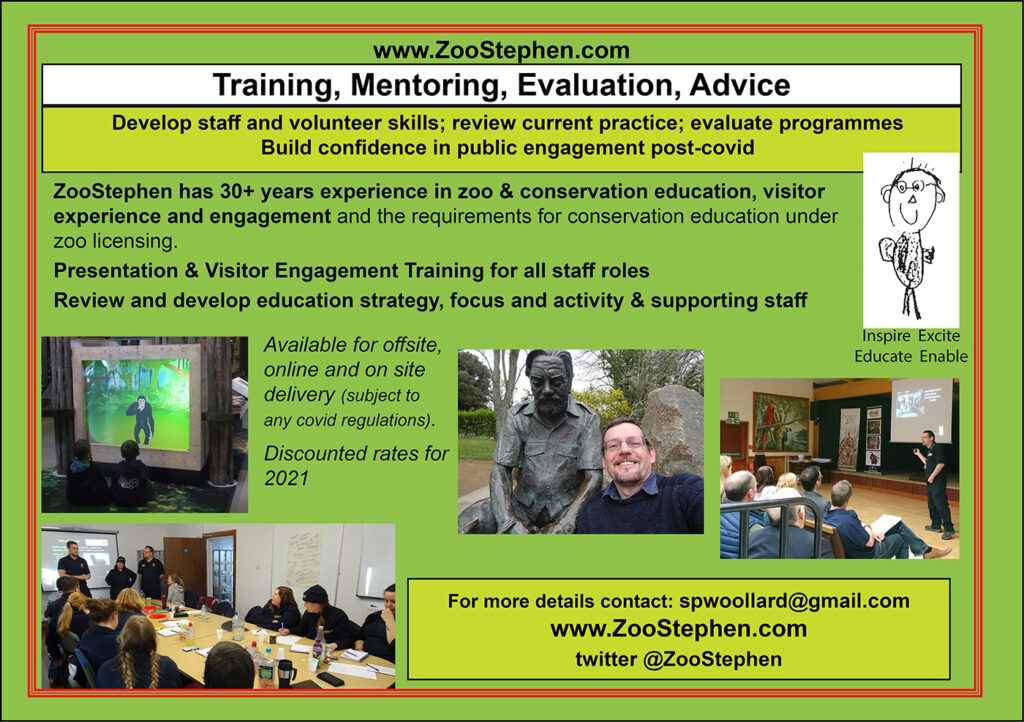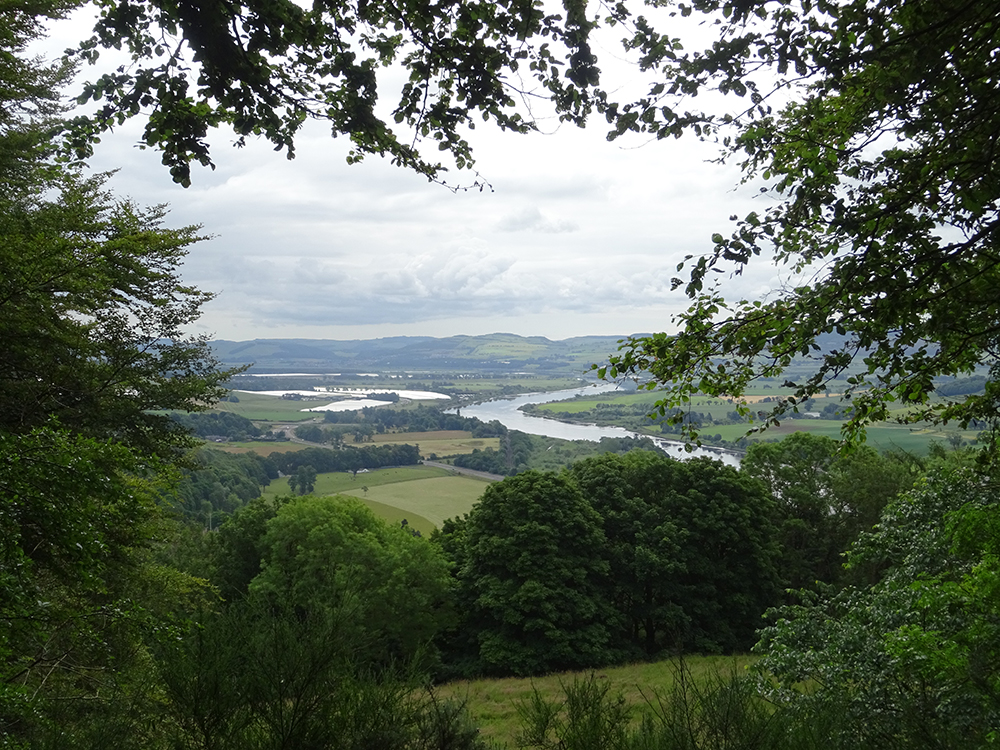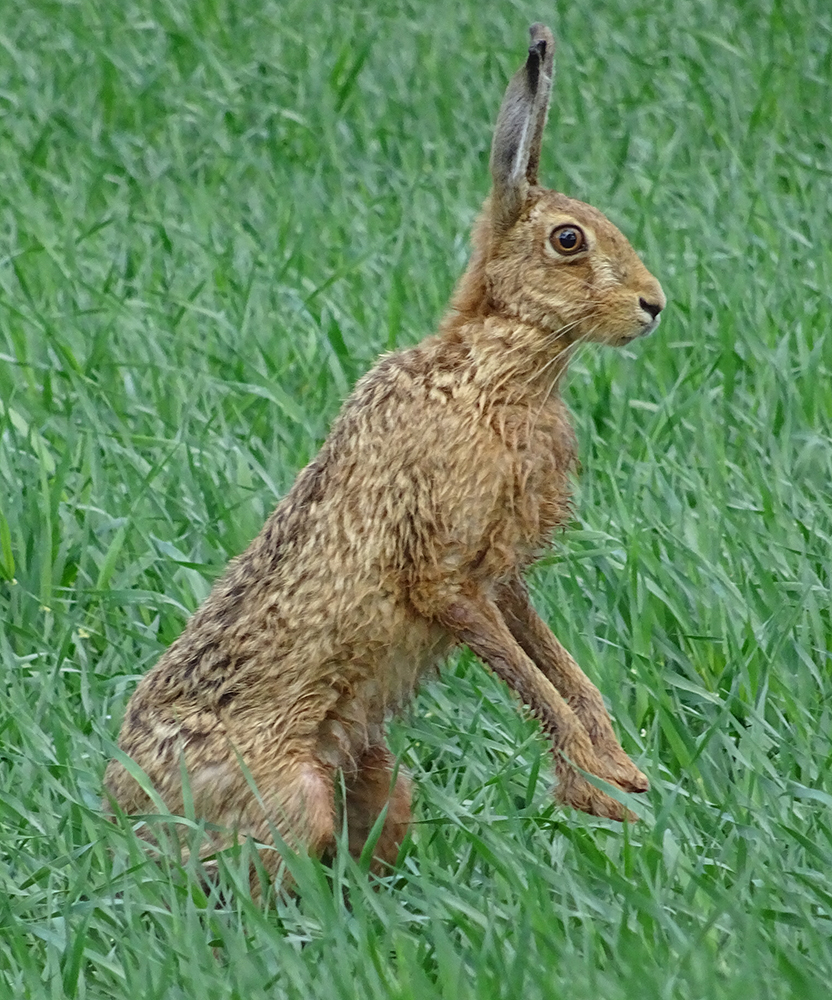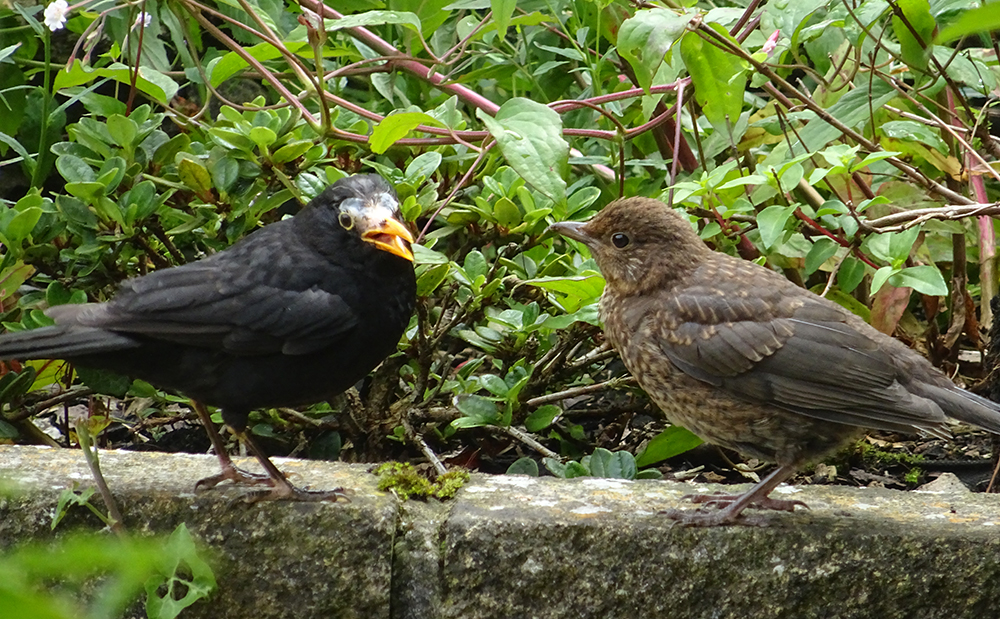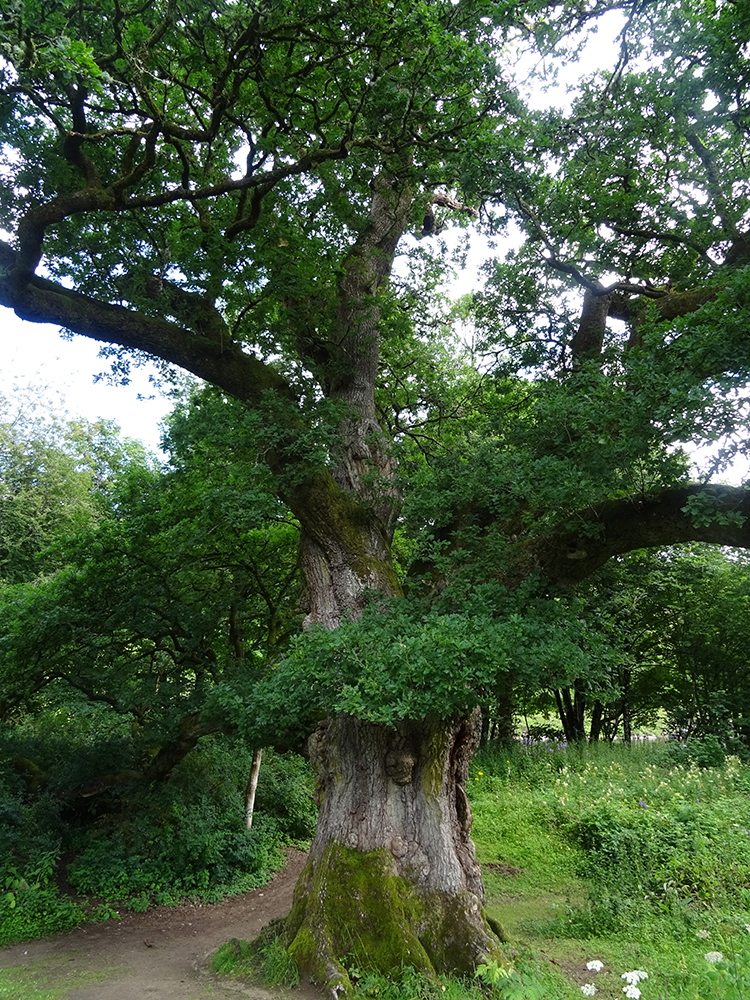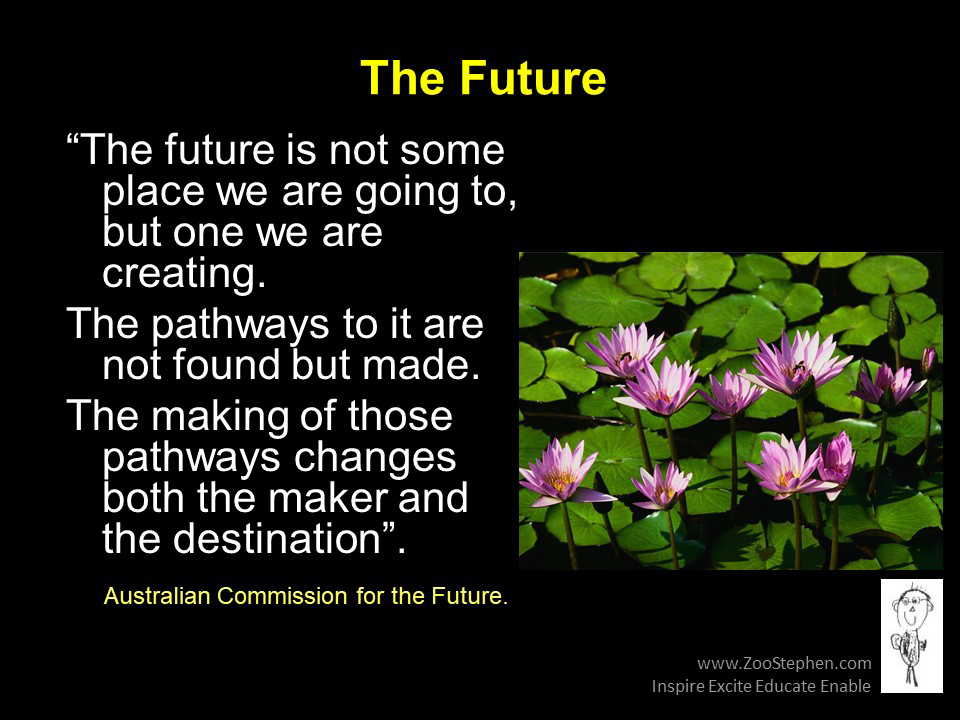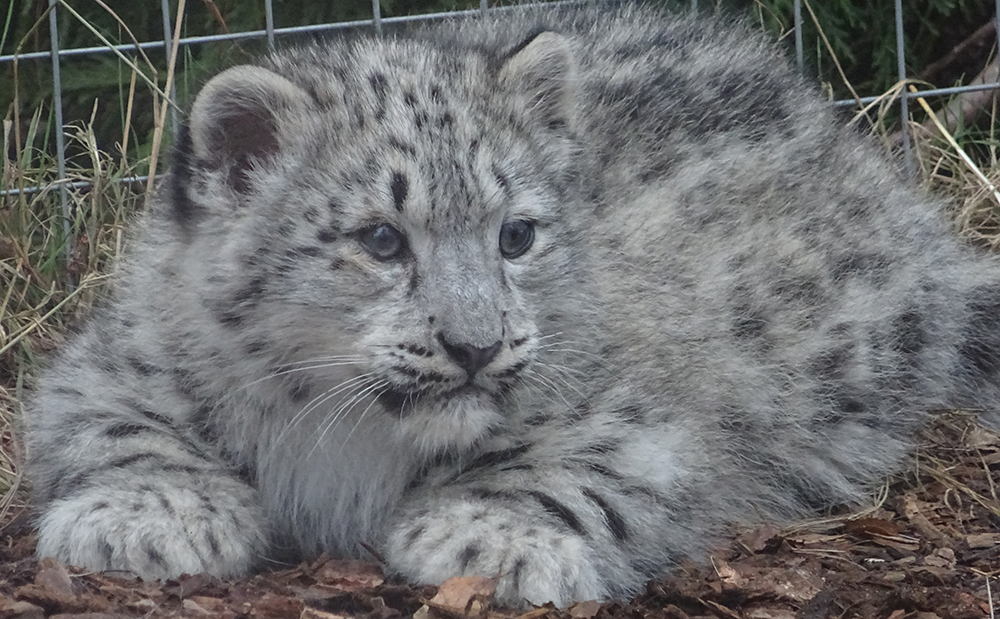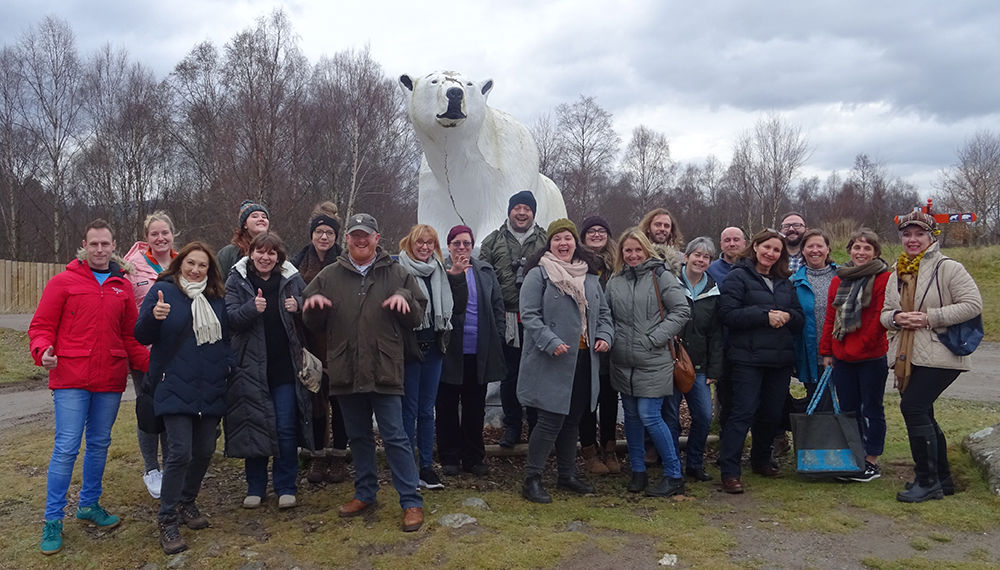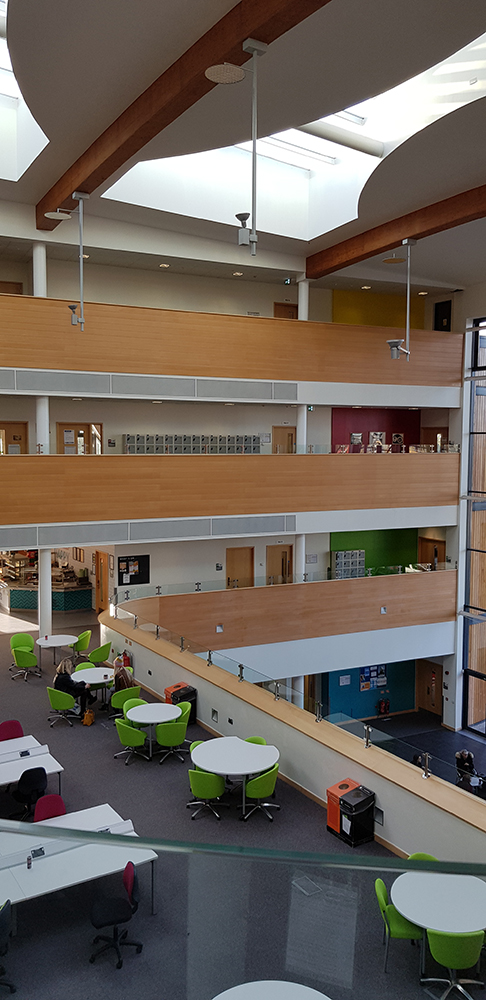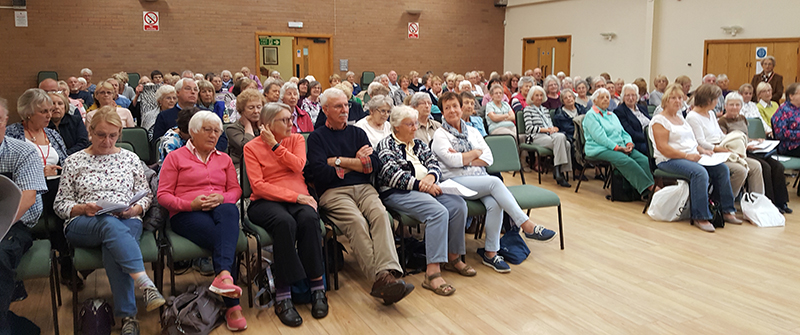Happy New Year – Chinese Year of the Ox. One year ago the Covid19 virus had begun to become a worry but little did we realise how serious and widespread the pandemic would become. Life goes on…

2021 will continue to be challenging and a ‘new normal’ likely still to be dominated by Covid-19 mitigation. However, on a more optimistic note we have seen the inauguration of the Biden-Harris administration in the USA and the roll out of vaccines has begun.
By our very nature, we live for today and think about tomorrow and the next year or two, but rarely have a real long term perspective on life the universe and everything . Nature is long term, not years but decades and centuries. Looking back in time we can see many periods of natural change until human activity became an accelerator and the sixth era of global extinction is now in progress. In Year of the Ox it is appropriate to note that the ancestor of domestic cattle, the aurochs, survived until the 17th century. (Attempts to “breed it back” were made, notably Heck Cattle, but the aurochs is lost to us).
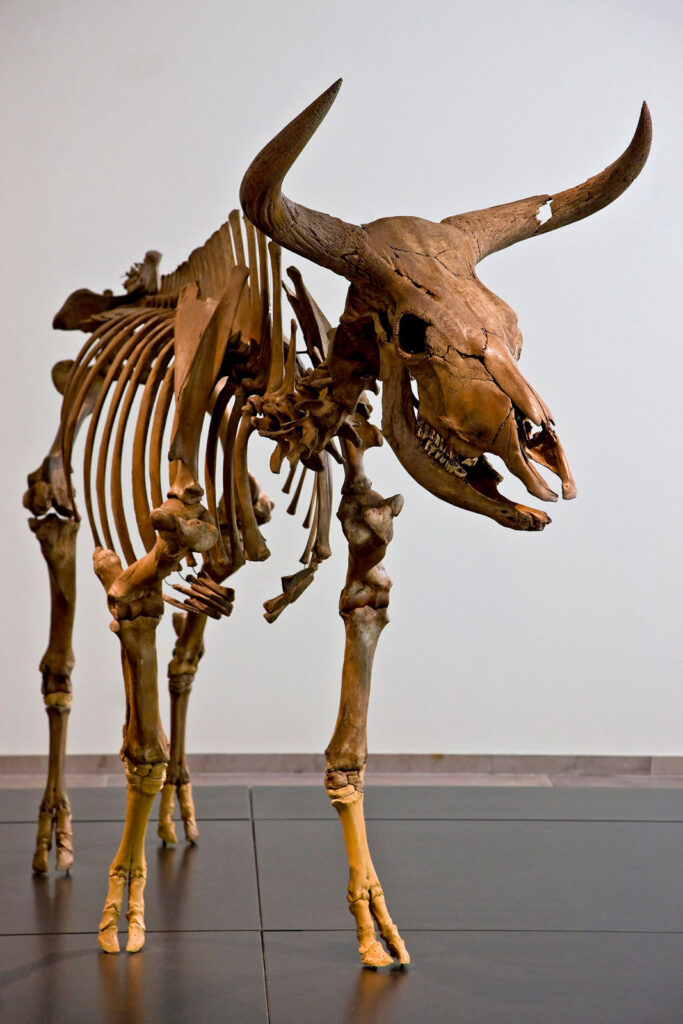
There are many high profile recently extinct species, the aurochs being one. There has been recent speculation that the thylacine in Tasmania, declared extinct in the 1930s may have survived with just a few individuals to this century. However, sadly it is clear many species are on the brink due to human activity.
There are some reasons to be optimistic – eg reintroduction of beavers in the UK, and bison in Europe, and a growth of interest and enthusiasm for ‘rewilding’.
Given a chance, time and positive action, nature can recover. The ‘lockdown’ year has enabled many people to appreciate their local environment more (although for others it has highlighted their lack of nature). The challenge is to move forward with a positive relationship with the natural world and not pursue damaging economic growth and exploitation of the environment. Now is the time to plant trees, to reduce resource use, to value nature and ‘ecosystem services’ such that it is not reasonable or economic to rebuild after covid19 with the same old system.
One lesson from the Covid19 era is to examine the effectiveness of messages in behaviour change and psychology. Simple, short messages, slogans and direct appeals to people’s own needs and motivations have proved effective. However, trust in the ‘messenger’ and the actions and behaviour of others have proved to be significant factors affecting effectiveness.
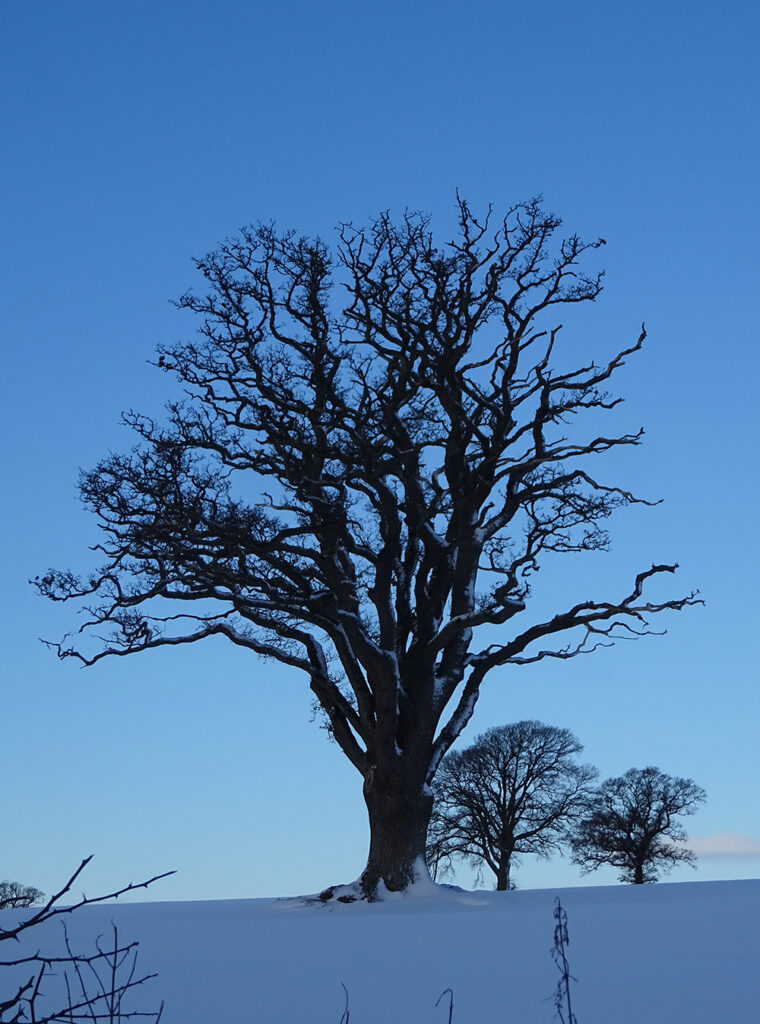
Whilst nature and the environment are carrying on ‘as normal’, access to the countryside has been restricted, so those in cities especially, have missed the country. Regrettably the evidence from 2020 is once access is permitted again, there will be a significant rise in littering and ‘bad’ behaviour from some people, and given international travel is far less likely, there is a real worry for managing and maintaining natural places at home with increased footfall.
In the UK, the closure of zoos, and lack of meaningful Government support, is a major issue – not just in terms of the operation of the zoos but in the delivery of their conservation, research and education work now and in future. Staff in charitable areas as well as visitor engagement have been made redundant, whilst high animal welfare standards are maintained. The public love zoos – visitor numbers are huge, 30 million visitors to BIAZA zoos in a normal year! And that is how zoos have successfully funded themselves and conservation for years – whilst museums for example, are core funded largely by local and national government. Zoos have helped the government achieve requirements under the Convention of Biological Diversity and supported curriculum learning without any government core funding. Hopefully, as we move through 2021 things will improve …
